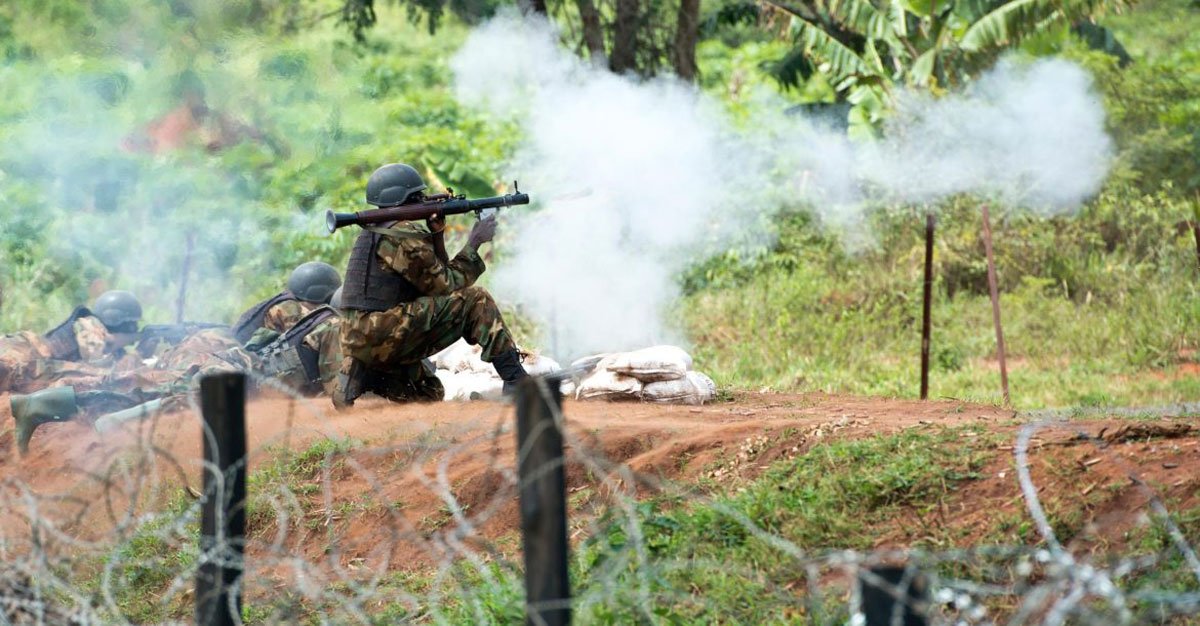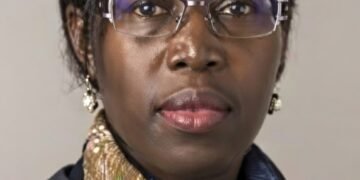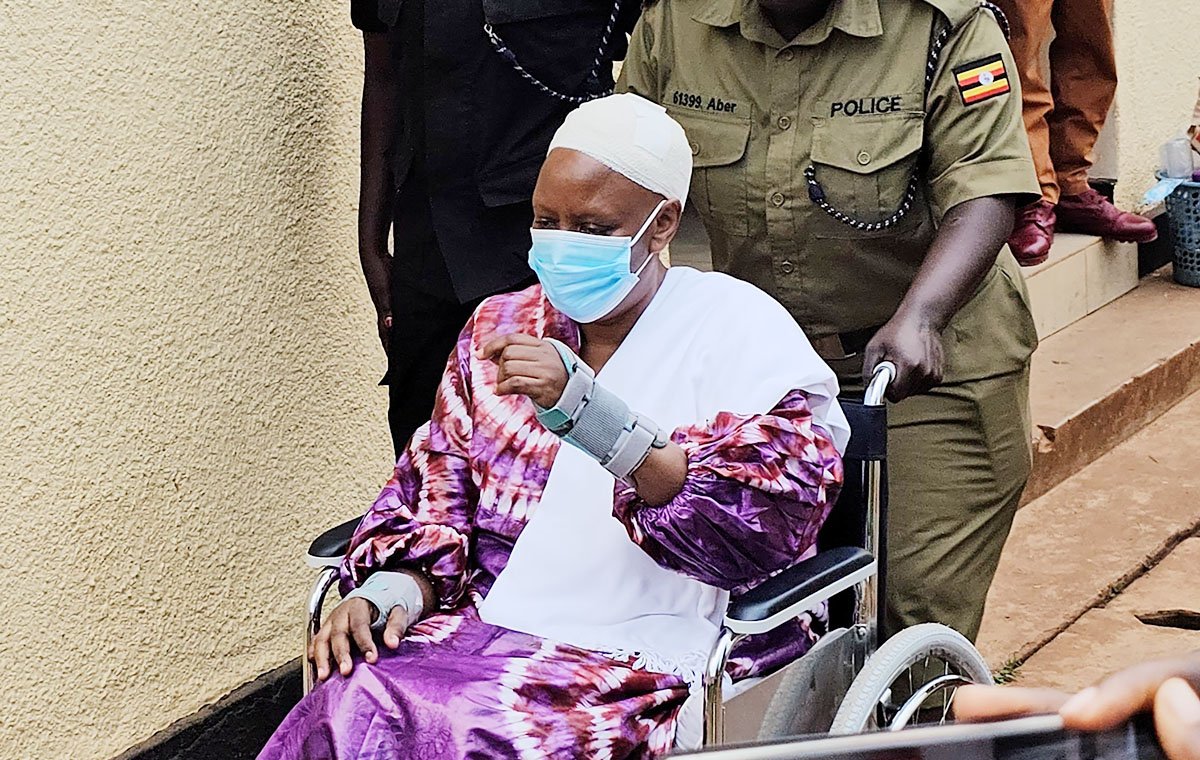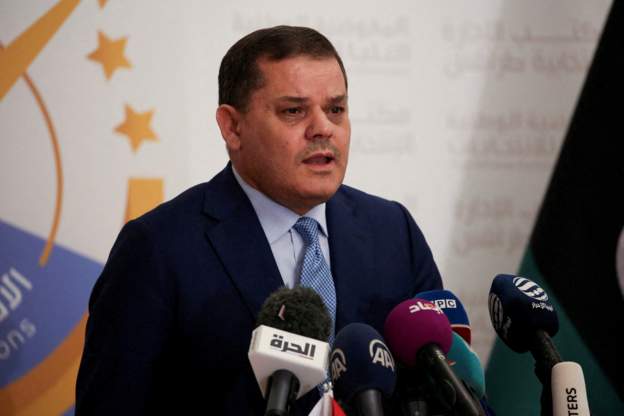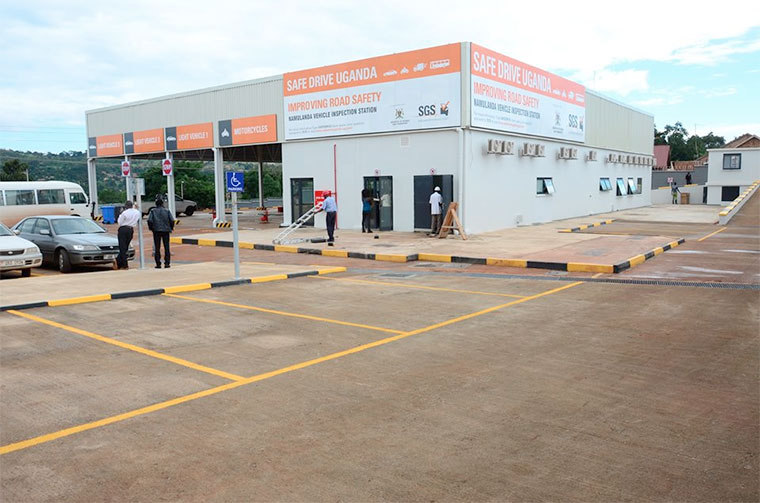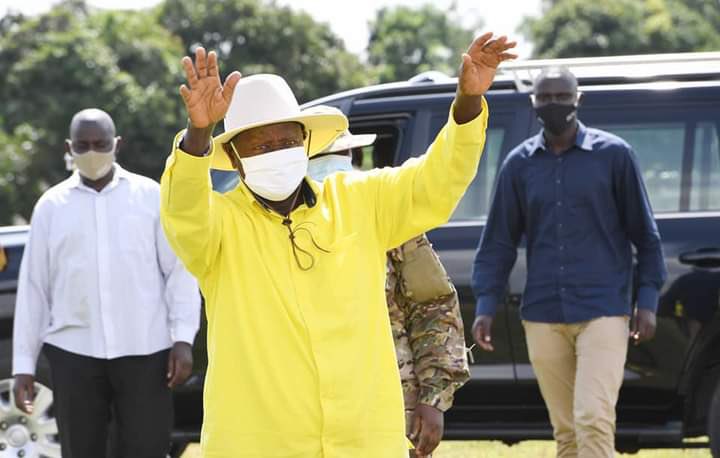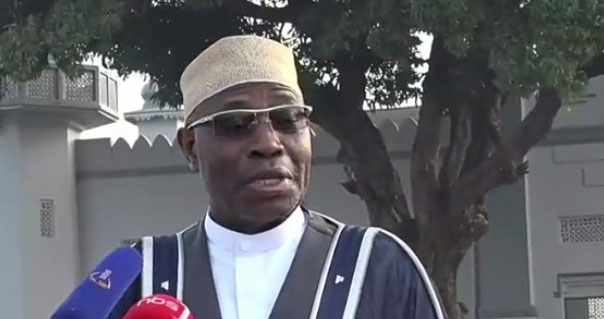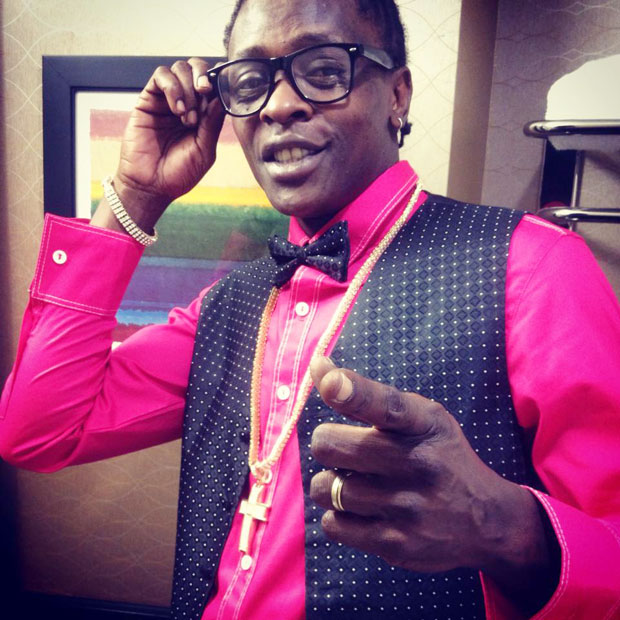The International Court of Justice has ordered Uganda to pay the Democratic Republic of Congo-DRC 325 million dollars (One Trillion Shillings) in reparation for the effects of the 1998-2003 war.
The judgment was read by the court’s president, Justice Joan E Donoghue On Wednesday in the Hague, Netherlands.
“The court notes that the reparation awarded to the DRC for damage to persons and to property reflects the harm suffered by individuals and communities as a result of Uganda’s breach of its international obligations,” reads the judgment in part.
The DRC Government dragged Uganda to the International Court in 1999 and in 2005 the court ruled that Uganda had to pay compensation for invading Congo. The court asked the two neighboring countries to settle compensation out of court but negotiations failed hence returning the case to the court to determine the reparations.
The Congo demanded 11 billion dollars in damages from a war that left hundreds of thousands of her people dead and millions displaced.
Uganda can pay the amount in installments of 65 million dollars annually.
In 1998, a war erupted in DRC with Uganda and other neighbors like Rwanda and Burundi participating directly and indirectly by supporting several groups fighting then-president Joseph Kabila.
During the war, Uganda was accused of committing internationally wrongful acts against the people of Congo. Consequently, in a 2005 judgment, the court found Uganda liable for committing internationally wrongful acts which resulted in injury to the DRC and to persons on its territory.
The acts included illegal use of force, violation of sovereignty and territorial integrity, military intervention, occupation of Ituri, violations of international human rights law and of international humanitarian law, looting, plunder, and exploitation of the DRC’s natural resources.
Court then ordered Uganda to pay reparation to Congo but asked two countries to negotiate the amount. General international law provides that a State which bears responsibility for an internationally wrongful act is under an obligation to make full reparation for the injury caused by that act. Negotiations failed and the matter was returned to the ICJ for determination.
DRC made four major claims for compensation with the first one being damage to a person. This claim consisted of a loss of life costed at 4,045, 646,000 dollars, injuries to persons was costed at 54, 464,000 dollars, 33,458,000 dollars for rape and sexual violence, 30 million US Dollars for recruitment of child soldiers and 186, 853,800 US Dollars for the displacement of population.
The second major claim was damage to property which was costed at 239,971,970 US Dollars, damage related to natural resources at 1,043,563,809, and macroeconomics damage was the highest claim at 4,714,000,775 US Dollars.
Upon assessment, the court awarded compensation of 325 million US Dollars which 225 million US Dollars for damage to persons, 40 million US Dollars for damage to property, and 60 million US Dollars for damage related to natural resources.
The total sum is to be paid in annual installments of 65 million US Dollars due on 1 September of each year, from 2022 to 2026. The Court ruled that, should payment be delayed, post-judgment interest at an annual rate of 6 percent on each installment will accrue on any overdue amount from the day which follows the day on which the installment was due.
Although Court ruled that Uganda committed internationally wrongful acts and the injury suffered by the DRC occurred, it disagrees with the assessment of the various forms of damage and the amounts of compensation owed.
DRC had put all the blame on Uganda for the atrocities committed by Ugandan forces but also groups like the Congo Liberation Movement (MLC) and its armed wing, the Congo Liberation Army (ALC). But in their decision, the court exonerated Uganda on paying reparation in some areas where Ugandan forces were not directly involved.
Uganda was largely blamed for its own participation through extorting, looting natural resources, plunder, and recruitment of child soldiers among others.
An Agent of the DRC told the court that the funds shall be fairly and effectively distributed to victims of harm, under the supervision of organs whose members include representatives of victims and civil society and whose operation is supported by international experts.


